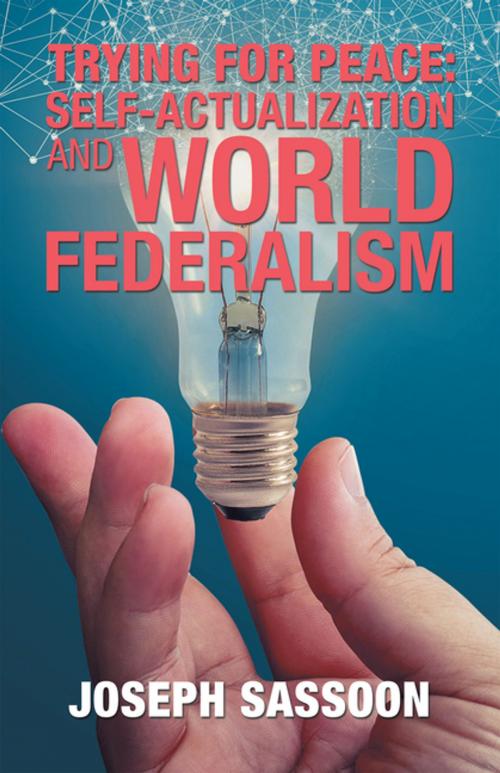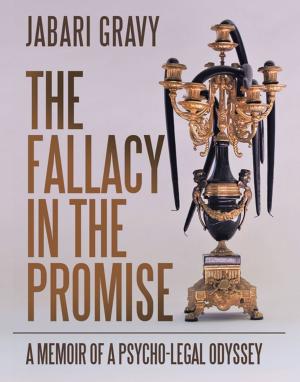Trying for Peace
Self-Actualization and World Federalism
Nonfiction, Social & Cultural Studies, Political Science, International, Social Science, Sociology| Author: | Joseph Sassoon | ISBN: | 9781532039416 |
| Publisher: | iUniverse | Publication: | May 26, 2018 |
| Imprint: | iUniverse | Language: | English |
| Author: | Joseph Sassoon |
| ISBN: | 9781532039416 |
| Publisher: | iUniverse |
| Publication: | May 26, 2018 |
| Imprint: | iUniverse |
| Language: | English |
Trying for Peace: Self-Actualization and World Federalism is the third book in a trilogy on what the world needs to do to save a political system that could collapse at any moment. The first book, Self-Actualization: Theory and Technology, contained an entirely new discovery to explain how self-actualization is achieved. The second book, The Humanist Society, dealt with the social demands that are required to achieve self-actualization for the greatest number of people. This final book explains how to spread self-actualization worldwide by creating a new system derived from human nature and suited to it—one defined by the virtues of a humanist democracy, peace, and permanence. Taken as a whole, the trilogy contains a new theory of motivation in line with the work of Kurt Goldstein (1878–1965) and a new value system called the humanist code, which relies on the new theory of self-actualization by Goldstein. If you’d like to see a democratic world federalism that relies on a new theory of human motivation that includes the world as a whole—both human and nonhuman—then you’ll treasure the insights in this book.
Trying for Peace: Self-Actualization and World Federalism is the third book in a trilogy on what the world needs to do to save a political system that could collapse at any moment. The first book, Self-Actualization: Theory and Technology, contained an entirely new discovery to explain how self-actualization is achieved. The second book, The Humanist Society, dealt with the social demands that are required to achieve self-actualization for the greatest number of people. This final book explains how to spread self-actualization worldwide by creating a new system derived from human nature and suited to it—one defined by the virtues of a humanist democracy, peace, and permanence. Taken as a whole, the trilogy contains a new theory of motivation in line with the work of Kurt Goldstein (1878–1965) and a new value system called the humanist code, which relies on the new theory of self-actualization by Goldstein. If you’d like to see a democratic world federalism that relies on a new theory of human motivation that includes the world as a whole—both human and nonhuman—then you’ll treasure the insights in this book.















